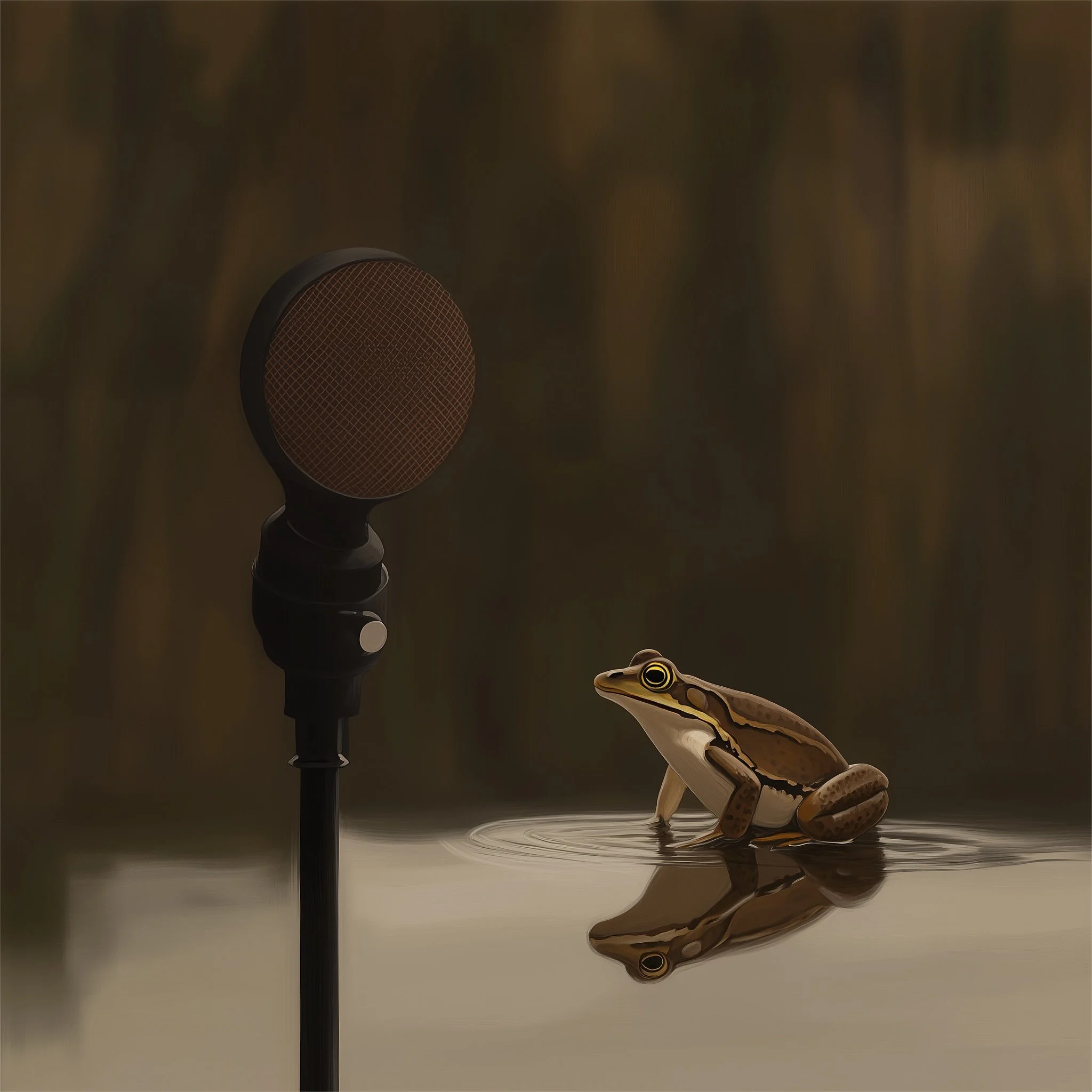Consciousness First? Rethinking Science’s Hard Problem
SECULAR AWAKENING
420 words · 2 min readThe “hard problem” of consciousness has puzzled science for decades. This annotation reframes it as practice: what happens if we live as though awareness is not the last product of matter, but the ground from which all arises?
Even nature is invited to speak: if consciousness is everywhere, then every voice—frog, field, or particle—becomes part of the conversation.
Philosophy calls it “the hard problem of consciousness”: why should matter, however complex, give rise to experience at all? Neurons fire, circuits process — but why is there something it feels like to be alive? Science can describe functions, yet subjective awareness — the Dreamer’s view from within — remains unexplained.
Here the Dreamer Project’s premise finds its practice ground. Suppose consciousness is fundamental: awareness comes before the cosmos, the source from which matter and mind both appear. This is one version of idealism — the view that the world functions as if mind-made, more like a projection than a machine. Suppose instead that consciousness is distributed across the cosmos from the start, present in every particle or field — this leans toward panpsychism. Both views push back against materialism’s claim that mind is nothing but mechanism.
For the Dreamer Project, the distinction matters less as belief and more as test: what shifts when you live as if awareness is first, not last? Does it loosen the grip of separateness, or reveal unity as an ordinary variable of experience? What if a whole culture lived by this premise — would politics, education, or medicine look different?
Perhaps even this frame dissolves: consciousness-first remains only another hypothesis until tested in the dream of daily life.
Further Reading.
Conscious by Annaka Harris — accessible exploration of consciousness as fundamental mystery.
Galileo’s Error by Philip Goff — defense of panpsychism as an alternative to reductive materialism.
Facing Up to the Problem of Consciousness by David Chalmers — the seminal essay framing the “hard problem.
Meta Note
This page is a living document. Last updated: Oct 1, 2025.
Connection: Extends the We The Dreamer page by expanding the premise of consciousness-first into the scientific “hard problem.”
Updates in this version: Added speculative breadth (what if society lived this premise?), introduced qualities as testable variables, and reframed the close with a humility dissolve.
